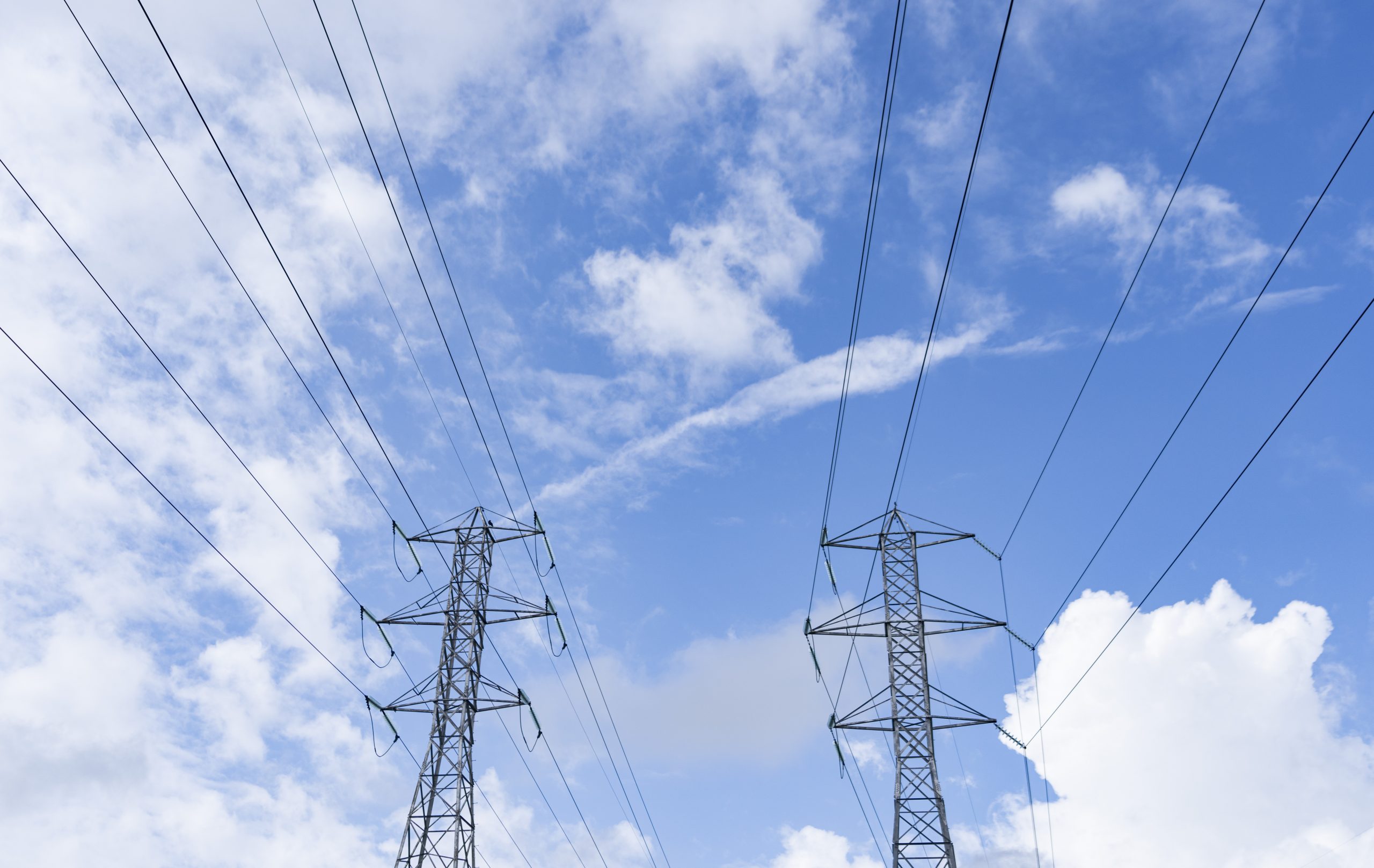
The Alberta government says it is taking steps to “protect the province’s ratepayers” by introducing legislation to make utilities more affordable.
The province says the proposed legislation is aimed at stabilizing local access fees which would work to save money for Calgary residents.
If passed, Premier Danielle Smith says the Utilities Affordability Statutes Amendment Act would “promote long-term affordability and predictability” for utility bills by prohibiting municipalities from using variable rates to calculate local access fees.
“The way local access fees are calculated in Alberta is inconsistent,” she says. “It’s a bit of wild west situation. It varies from place to place.”
Smith says it is unacceptable for municipalities, including the City of Calgary, to profit off of unpredictable spikes in electricity costs while families struggle to make ends meet.
The province says Calgarians paid $165 more on average in local access fees in 2023 than Edmonton residents. The discrepancy was due to Calgary relying on a variable rate.
“Calgarians are paying higher power bills these days than other Albertans,” Smith says.
Calgary city council had agreed to change how it calculates the fees to make them more affordable, but it’s not set to take effect until 2027.
Utilities Minister Nathan Neudorf said he warned Calgary Mayor Jyoti Gondek last fall that if council didn’t take action on the cost of the fees, the province would intervene.
Gondek, in a statement later Monday, said the bill explicitly targets Calgary after council already started work to change the local access fees.
“It’s nice that the province is finally paying attention to this,” said Gondek, adding changes to the fees are governed by the Alberta Utilities Commission.
The proposed legislation from the province would also give the Alberta Utilities Commission stronger regulatory oversight on how fees are calculated and applied.
Last week, the province announced they were proposing to formally change the name of Alberta’s default rate to the Rate of Last Resort — instead of Regulated Rate Option.
Smith said the name change should clear up confusion surrounding the unstable and unpredictable option.
Opposition leader Rachel Notley called the proposed name change “a plan to make a plan,” and says low-income families won’t see immediate relief.
The NDP leader instead blamed the price spike on the UCP government’s decision a few years ago to eliminate the cap on electricity rates.
With files from The Canadian Press